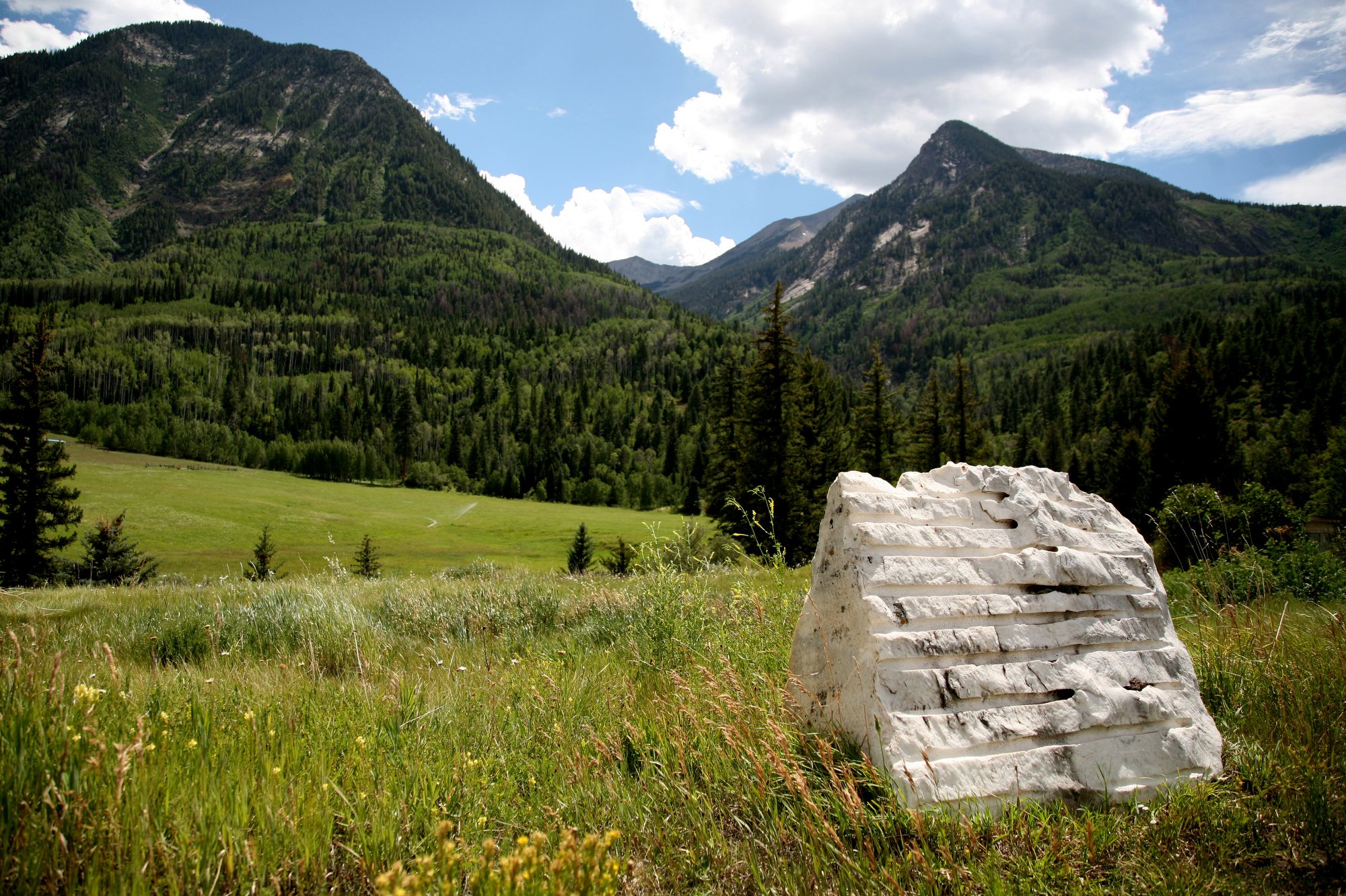Share your thoughts!
Participate in the Lead King Loop Survey.
Survey Information
This survey is based on Q-methodology which is used to investigate the perspectives of participants who represent different stances on an issue, by having participants rank and sort a series of statements. The terms (priorities) used in this survey were determined in a public listening session and the Lead King Loop Stakeholder Group meeting. Consider allowing up to 30 minutes to complete the survey. For easier use, complete the survey on a computer.
If you would prefer to complete the Q-Sort exercise manually, skip to the end of the survey and download the pdf form. This can be submitted within the survey or emailed to centerforpubliclands@western.edu
Descriptions of Q-Sort Priorities
1. Respect: Behavior that shows regard for the environment, residents, and recreationists.
2. Tranquility: The absence of elements that detract from the desired experience. The quality or state of being calm.
3. Parking: Safe and legal locations for parking off the road, including adequate turn-around space.
4. Enforcement of rules: Presence of Forest Protection Officers and Sheriff’s Deputies to issue citations regarding speed, noise, parking, etc.
5. Soils: Protection of soils from erosion, dust, and mudslides. Preventing unstable soils.
6. Wildlife habitat: Protection of resources that wildlife rely upon for survival.
7. Space for all users: Space to ensure equitable access for all user groups.
8. Education: Sources of information for recreators (e.g., signage, social media, website information newsletter) Dissemination and outreach.
9. Cultural heritage: Properties or qualities of an area that have cultural, historic, or spiritual value unique to any community’s way of life.
10. Road and trail maintenance: Maintaining the quality of the road (e.g., pullouts, the safety of road access, space on the road.)
11. Infrastructure: Establishing the adequate infrastructure to accommodate users (waste receptacles, signage, toilets); ensuring disability access.
12. Water quality: Protection of water resources.
13. Wildfire prevention: Changes in climate may lead to more fire-prone forests. Some motor vehicles could present undue fire threats. Recreation increases wildfire risk.
14. Trailer parking: Addressing trailer parking (currently below the fire station) in amount and location.
15. Volume of users: Addressing the volume of users without limiting access to any group.
16. Emergency access: Includes fire evacuation, emergency response vehicle access “life safety” for emergency vehicle access in town and in the backcountry.
17. Permits: Consideration of permits or other reservation systems as a way to limit volume.
18. Local’s priority: Consideration of local access and use of surrounding lands.
19. Public access: Continued access to national forests for many user groups.
20. Economic sustainability: Consideration of scale and scope of local business’s activity and pace of growth.
21. Disproportionate impact: Consideration of the associated noise and pollution of motorized vehicle users as it impacts the experience of other users.
22. Displacement: Displacement of recreation, wildlife, Crystal residents (consideration of changing user patterns.)
23. Transparent governance: Transparency is an important value to ensure success and respect for future management actions.
24. Value and quality of life: Preserving residents’ quality of life and property values.
Q-Ranking Graph Example


